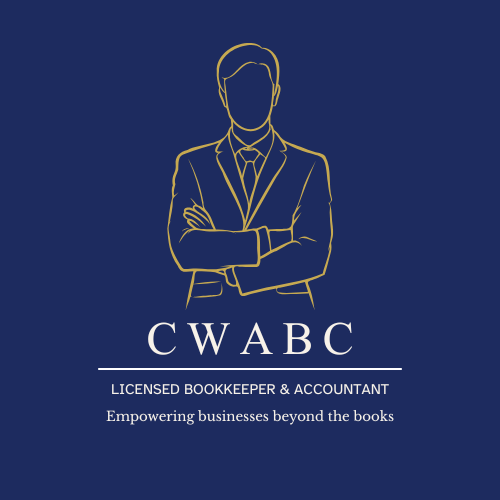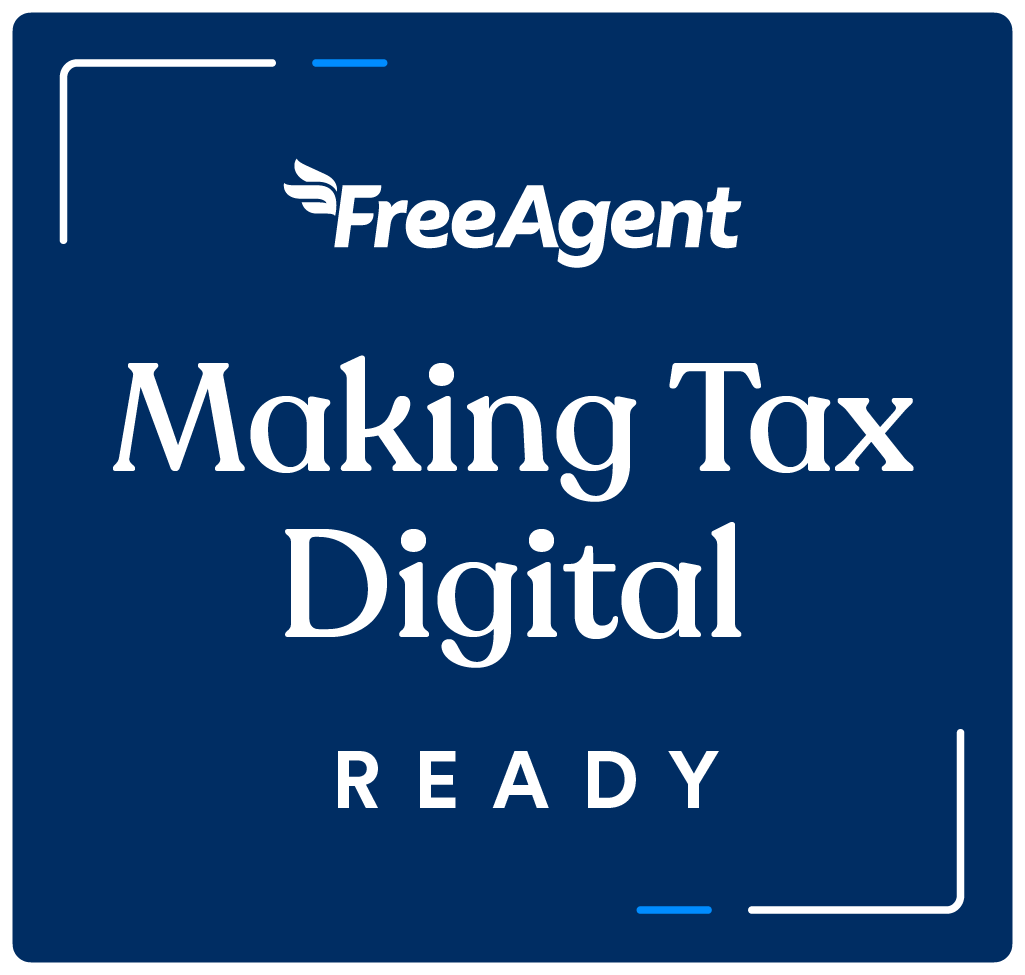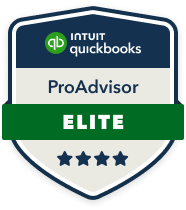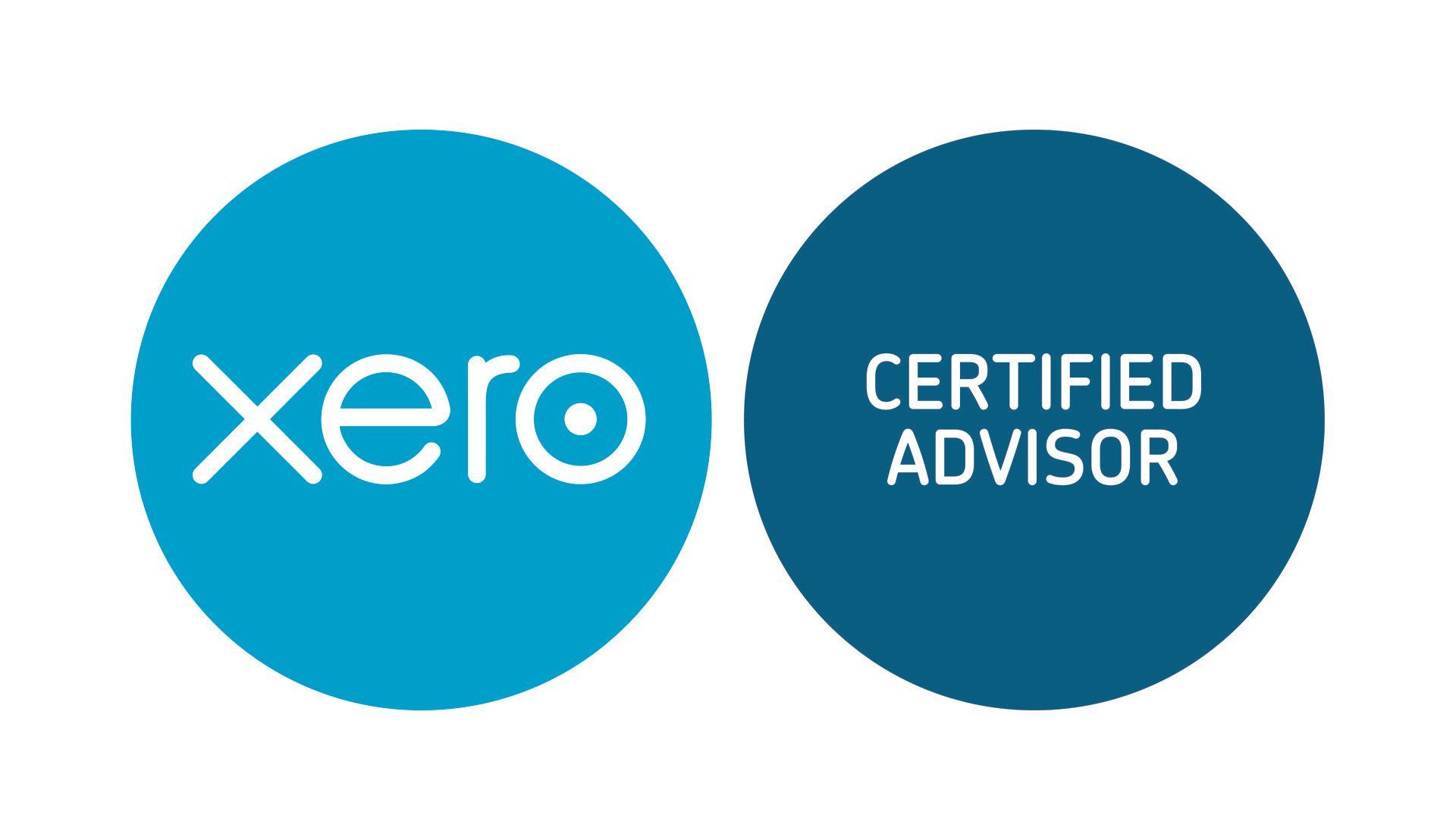Top 10 Bookkeeping Mistakes Small Businesses Make and How to Avoid Them
Introduction
Accurate bookkeeping is the backbone of any successful small business. It not only ensures that you have a clear picture of your financial health but also helps you make informed decisions and stay compliant with tax regulations. However, many small business owners, juggling multiple responsibilities, often make common bookkeeping mistakes that can lead to financial trouble. In this blog, we'll explore the top 10 bookkeeping mistakes small businesses make and provide practical tips on how to avoid them.
1. Not Keeping Receipts
Why It Matters: Receipts are essential for substantiating expenses, especially during tax audits.
How to Avoid: Implement a system for organizing and storing receipts. Use digital tools like apps to scan and store receipts electronically.
2. Mixing Personal and Business Finances
Why It Matters: Commingling funds makes it difficult to track business expenses and can lead to tax issues.
How to Avoid: Open separate bank accounts and credit cards for your business. Always pay business expenses from the business account.
3. Neglecting Regular Bank Reconciliations
Why It Matters: Regular reconciliations ensure that your accounting records match your bank statements, helping you catch errors and discrepancies.
How to Avoid: Schedule monthly reconciliations. Use accounting software to automate the process and flag discrepancies.
4. Ignoring Accounts Receivable
Why It Matters: Unpaid invoices hurt your cash flow and profitability.
How to Avoid: Regularly review and follow up on outstanding invoices. Implement clear payment terms and consider incentives for early payments.
5. Misclassifying Expenses
Why It Matters: Incorrect expense classification can lead to inaccurate financial statements and tax filings.
How to Avoid: Familiarize yourself with common expense categories. Use accounting software to help classify expenses correctly.
6. Failing to Track Cash Flow
Why It Matters: Poor cash flow management can lead to financial crises.
How to Avoid: Monitor your cash flow regularly. Prepare cash flow forecasts to anticipate future needs and avoid shortfalls.
7. Overlooking Tax Deductions
Why It Matters: Missing out on deductions means paying more tax than necessary.
How to Avoid: Stay informed about eligible deductions. Keep detailed records and consult with a tax professional.
8. Not Backing Up Financial Data
Why It Matters: Data loss can be catastrophic, especially if it occurs close to tax deadlines or financial audits.
How to Avoid: Use cloud-based accounting software that automatically backs up data. Regularly save copies of your financial records to an external hard drive or secure server.
9. Doing Everything Manually
Why It Matters: Manual bookkeeping is time-consuming and prone to errors.
How to Avoid: Invest in accounting software that automates repetitive tasks and reduces the risk of errors.
10. Not Seeking Professional Help
Why It Matters: Handling complex bookkeeping tasks without expertise can lead to mistakes and missed opportunities for savings.
How to Avoid: Hire a professional bookkeeper or accountant to manage your finances. They can offer valuable insights and ensure your books are accurate and up-to-date.
Conclusion
By avoiding these common bookkeeping mistakes, you can ensure the financial health of your small business and focus on growth and success. If you need assistance with your bookkeeping, contact CW Licensed Bookkeeper & Accountant at info@cwabc.co.uk or 07306 812321 for expert advice and support tailored to your business needs.















